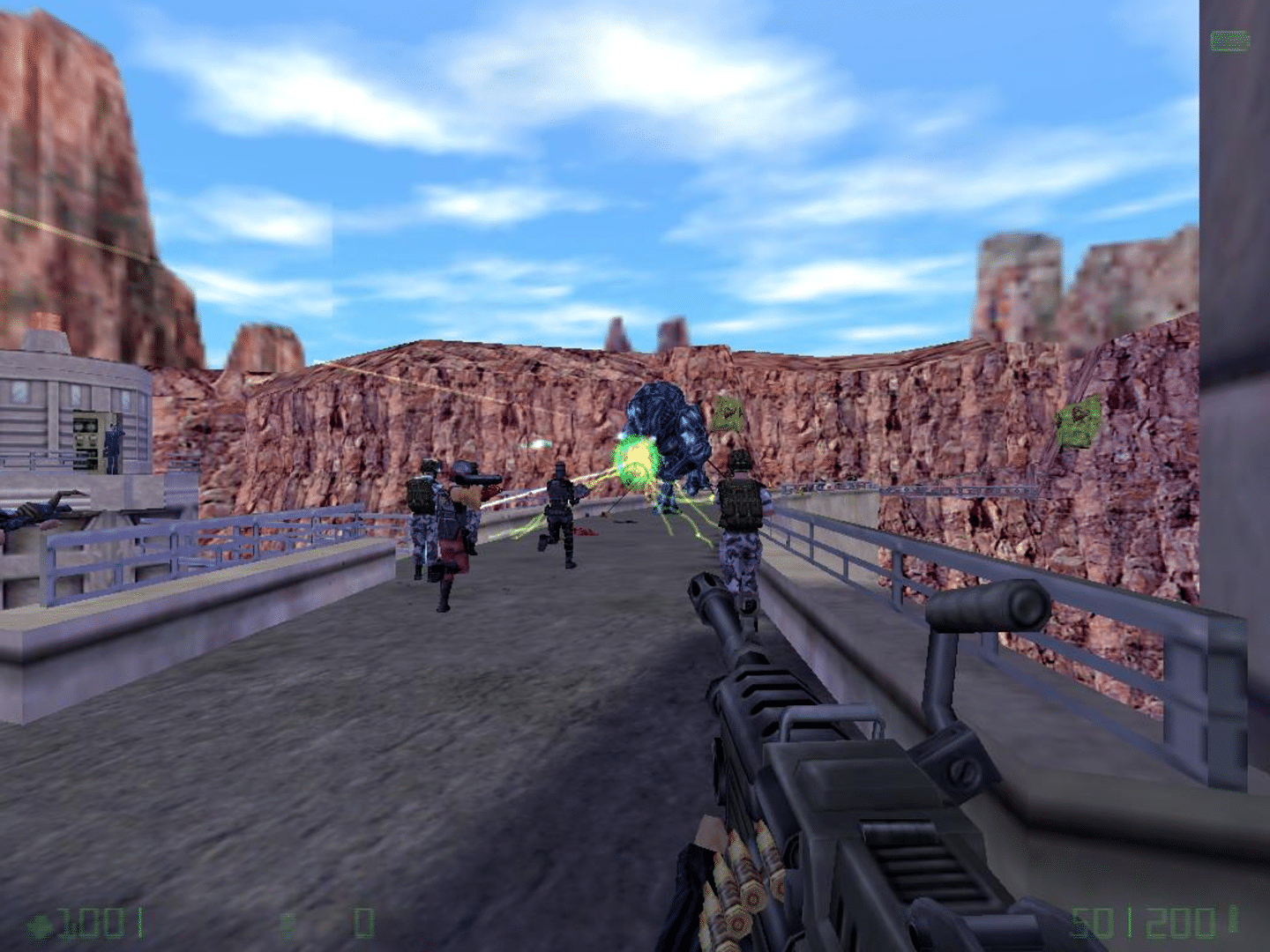
I make and sell coffee and the money helps me to make ends meet here." EMERGENCY KITS

"Thank heaven, I've been able to get my business going again. I had just enough time to collect my belongings and head for the border, like the others." "It's very hard to live in a refugee camp without parents."Īchai Idriss, a woman in her 30s, said "I was at the market selling coffee when the fighting started. "I don't know where to find my mother and my father, when the fighting began, they weren't at home, I've had no news," she said before crying. Nearby, Hinit Issack Abakar, 17, wearing a black hijab, said, "I had just enough time to pack my diploma, which will help me get into university, and escape with my little brother and sister," she said. "We have had nothing from the UNCHR, we survive thanks to solidarity from the local people," he said. "Today, I have no food for my children and no means of work - my sewing machines were taken by the attackers," he said. Trying to hold back tears, he said, "The RSF attacked early in the morning, they set fire to our homes and destroyed everything in their path. The 52-year-old tailor arrived in Koufroun two weeks after having fled Tendelti. Under one of the trees, Mahamat Hassan Hamad had built a room with walls of straw and a roof of plastic sheeting, held up by branches, to provide shelter for himself, his wife and their 11 children. Scattered in small groups over two square kilometres (about half a square mile), some use garments and veils to provide shade from the merciless sun.

They search for shelter under huge but rare acacia trees, under which their predecessors and humanitarian workers have set up makeshift camps.


 0 kommentar(er)
0 kommentar(er)
